If you have started transitioning to zero-waste living, congratulations! You are already creating a positive impact on the environment. But we can get you closer to sustainable living with some of these great tips.
So, keep reading for reusable items you should start buying right now to help you live a zero-waste lifestyle.
1. Reusable Cotton Pads
Almost everyone uses cotton pads, as these feel gentle to the skin. You can use them to clean wounds, remove makeup, apply products, and more. But have you ever wondered how cotton pads affect the environment?
This product may appear harmless, but it is actually polluting our land, water, and air. Cotton farming wastes unimaginable gallons of water, sucking dry the very area or the surrounding areas where the water was sourced. And this greatly affects natural habitats for animals and plants.
Cotton farming also involves tons of harmful chemicals like pesticides. And it puts at risk the lives of both farmers and the communities that live nearby. These pesticides also end up contaminating the air we breathe and the water we drink, and we don’t even realize it.
To get you a few more steps closer to zero-waste living, start buying reusable cotton pads instead such as LastRound facial cotton pads. This product is made from ethically sourced organic materials and can be reused as much as 1,750 times.
How do they work? Simply clean each cotton with soap and water, let them dry, and they are good as new. Once you have used up their lifecycle, just toss them in your compost bin.
2. Reusable Straws
Almost all of us has used plastic straws to drink our beverage. It makes drinking more convenient and less messy. But did you know that these are a major culprit in environmental damage?
Plastic straws are one of the most difficult products to recycle. They are not biodegradable. In fact, when they degrade, they actually just disintegrate into tiny particles (which takes 200 years!). And animals end up eating them and die.
They also release chemicals into the air like bisphenol A or BPA as they disintegrate. These chemicals cause us health problems and threaten the earth’s ozone layer. The only way we can end this is if we completely avoid reusable straws.
If you want to get closer to zero-waste living, buy reusable straws instead. FinalStraw Collapsible Reusable Metal Straws is an environment-friendly straw made of post-consumer recycled materials. It is BPA and latex-free, plastic-free, lead-free, and dishwasher face. It also comes with a cleaning brush and a carrying case so you can bring it with you anywhere and anytime.
3. Reusable Food Wraps
If you always prepare food at home, you probably use disposable food wraps. And just like products that are difficult or nearly impossible to recycle, disposable food wraps end up littering the land and the oceans.
Disposable food wraps are made of plastic. They contain chemicals like BPA that have been identified as an endocrine disruptor. Although these wraps help keep your food safe from dirt, it definitely puts your health at risk.
To avoid this, go for reusable cling wraps like Navega Beeswax Food Wrap. This product is handmade with natural ingredients such as beeswax, organic cotton, jojoba oil, and tree resin. It will help preserve your food longer unlike most food wraps.
It’s also odorless, plastic-free, compostable, and fully biodegradable. To use the wrap, simply cut to the size you want. When you are done with it, simply clean it with mild soap and water. Let it dry, and it’s ready for your next use.
4. Reusable Coffee Cups
Some coffee lovers prefer drinking out of coffee cups instead of coffee mugs. It gives them that coffee shop vibe, which makes drinking a little more pleasurable. However, these disposable cups have been destroying our planet for years now.
According to research, around 2.5 billion throw-away coffee cups end up in the trash per year. This means 5,000 cups are discarded per minute! And only 1 percent of these end up being recycled.
You can help put an end to this by switching to reusables instead. Copco Acadia’s reusable coffee cup will keep your coffee hot or cold. It is also BPA-free, durable, microwaveable, and dishwasher safe.
Best of all, you don’t have to worry about spills and leaks, unlike with disposable coffee cups!
5. Reusable Utensils
Do you love to eat out? You will notice that some food establishments only offer disposable utensils. And often, we are left with no choice but to use them.
In case you haven’t heard, 40 billion plastic utensils are wasted yearly in the US alone. People throw them away after use, and these end up in landfills, waterways, and more. Now, if you were to add up the plastic utensils wasted globally, you would probably stop using them completely.
But you can avoid this by bringing reusable utensils with you wherever you go. OLA Bamboo’s reusable utensils are made of bamboo and free of pesticides and insecticides. These are perfect for when you are traveling or staying at home.
Just make sure not to place them in the dishwasher to maintain their durability!
Conclusion
Getting closer to zero-waste living is easy. Simply replace your current products with reusable ones, you reuse tyres, tins and much more. But before you replace what you have, don’t forget to discard them properly by recycling or donating them. You can also prioritize homemade products over manufactured ones.

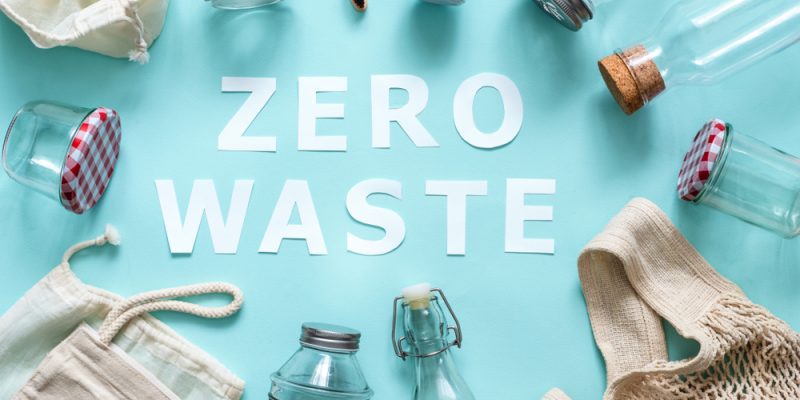
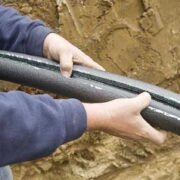
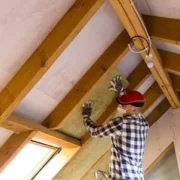
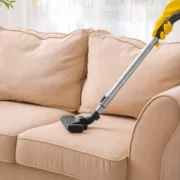

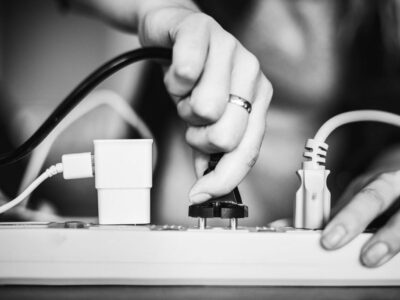

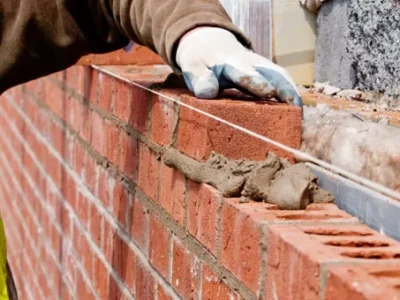

Comments